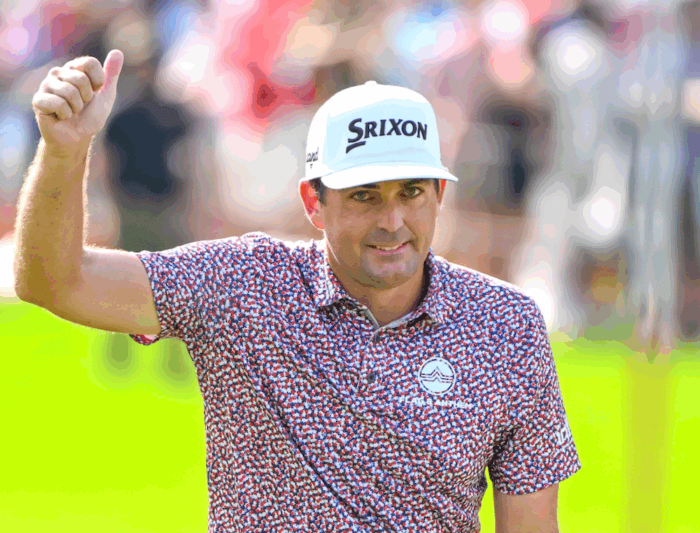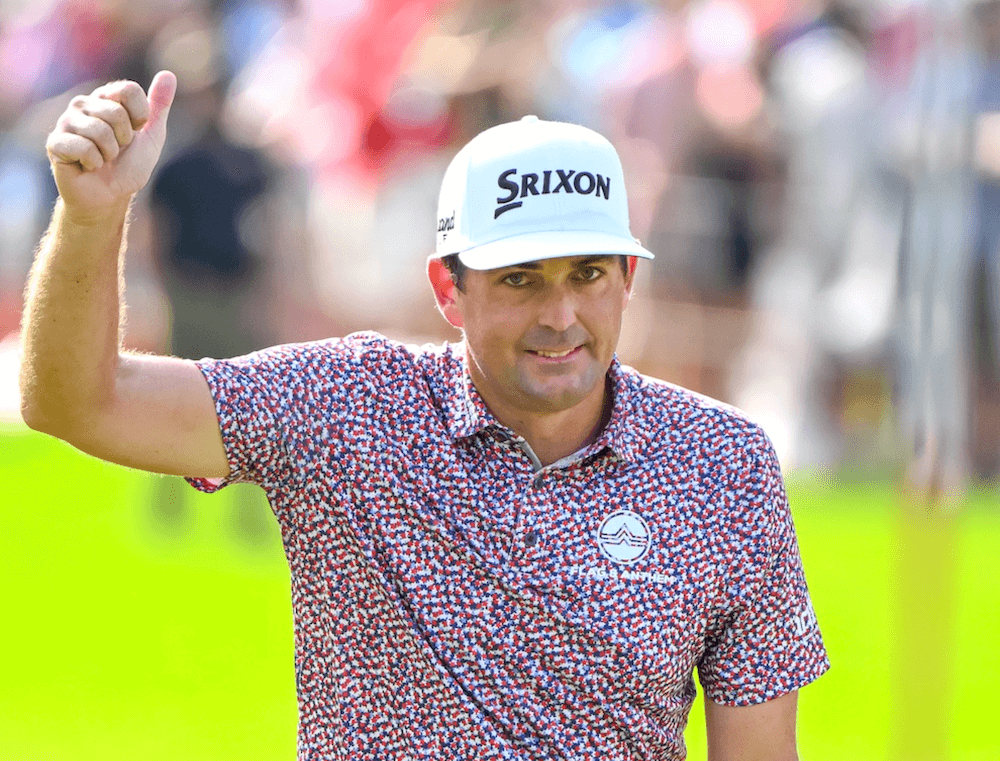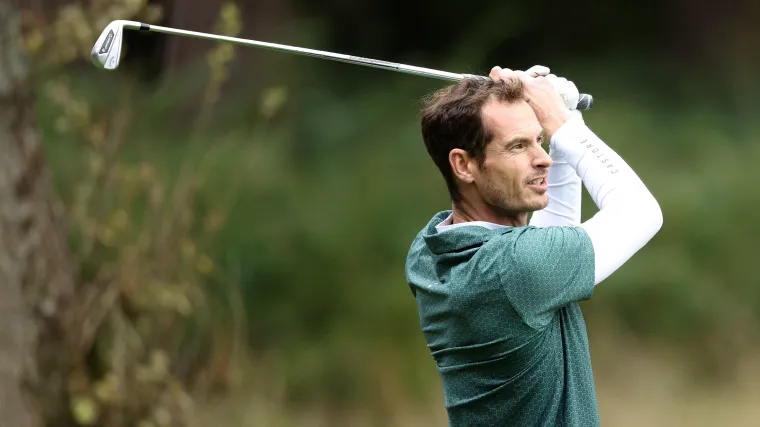 Keegan Bradley will not be a playing captain at Bethpage. John Adams, Icon Sportswire via Getty Images
Keegan Bradley will not be a playing captain at Bethpage. John Adams, Icon Sportswire via Getty Images
Editor’s note: “In Case You Missed It” is a GGP+ feature that highlights a story from Global Golf Post’s Monday magazine.
Johnny Miller, whose way with words rivaled his gift for painting 7-irons against the desert sky, described the Ryder Cup this way:
“A regular tour event is a 35-foot dive off a cliff, a major is a 50-foot dive, and the Ryder Cup is a 100-foot dive.”
Like no other event in golf, the Ryder Cup is fueled by raw, ragged emotion. It’s golf at its loudest and golf at its most revealing, at once the happiest place in the game and the most heartbreaking, an electrified detour from an individual game into a band-of-brothers mission that lingers long after the cup is won or lost, the feelings still fresh years down the line even if the photos begin to fade.
The genius of the Ryder Cup is it only happens every two years, it is packed into three long, churning days and it feels so different from anything else in golf.
The Ryder Cup throbs. It thunders. It intimidates.
And, finally, it’s almost here.
Perhaps it’s recency bias but this Ryder Cup, the one that begins in less than four weeks at brawny Bethpage Black, feels like the most anticipated Ryder Cup ever. It probably felt this way in 1991 at Kiawah Island because the once-dominant Americans had lost two in a row and tied one while Seve Ballesteros was stoking the European flame, and the matches have only grown since then.

But because it’s at Bethpage Black, a place where golf egos go to be crushed, because the Europeans won easily two years ago in Rome, because it will be an unfiltered New York-centric crowd, because Keegan Bradley is the captain, because the European team has hardly changed anything but its outfits and because it’s always the most anticipated event in golf, this Ryder Cup feels immense.
What else could convince the best American players to delay their offseason and play in the Procore Championship next week, all in the name of team building and sharpening their competitive edges?
When Bradley announced last week that he would not be the first playing captain since Arnold Palmer in 1963, it felt like the right decision, but only time and the outcome can determine if it was the best decision.
That’s not to suggest Bradley should second-guess himself, though it will be impossible not to wonder “what if?” should the Americans lose. He honored his commitment to be the captain and put that above everything else, thereby eliminating the potential distraction of him having a tee time every day.
Minimizing distractions is a mantra for coaches, whether it’s football, pickleball or the Ryder Cup. Had Bradley been waving on the first tee noise with a driver in his hand and an afternoon pairing sheet in his back pocket, it ran the risk of backfiring.
It feels cleaner but a little less intriguing this way.
The Americans don’t need intrigue. They need to win.
This is the first American team that is being paid to play in the Ryder Cup … and if things go sideways for the home team, the New York crowd will turn on them the same way they boo the New York Jets.
The pressure is on Uncle Sam’s crowd as much as it’s ever been before. This is the first American team that is being paid to play in the Ryder Cup – the Europeans will no doubt remind us they are doing it out of the goodness of their hearts and for continental pride – and if things go sideways for the home team, the New York crowd will turn on them the same way they boo the New York Jets.
There are good reasons to be concerned about the crowd at Bethpage and not just because of how they might heckle the Europeans. The Americans will hear it, too, if things go poorly.
Four years ago at Whistling Straits, it felt like the Ryder Cup was entering an era of sustained American dominance, stifling the endless choruses of “Olé, Olé, Olé” that had become an aggravating earworm to the stars-and-stripes brigade.
Seven of the 12 Americans at Whistling Straits are on this year’s team, and six who were in Rome will be at Bethpage – but the landscape has shifted. Scottie Scheffler is now the best player in the world while the Europeans are stronger top to bottom than they were four years ago, something they proved emphatically in Rome.
The Europeans, meanwhile, are playing to disrupt the developing narrative that road teams rarely win in the Ryder Cup. It may be true but it gives the Europeans something to play toward rather than playing to protect something.
Winning is a hard ask for the Americans against a team that has Rory McIlroy, Jon Rahm, Tommy Fleetwood and Justin Rose at its core. The Europeans, meanwhile, are playing to disrupt the developing narrative that road teams rarely win in the Ryder Cup. It may be true but it gives the Europeans something to play toward rather than playing to protect something.
There is a sense that Bradley long ago won over his team with his passion and his preparation. The guy who always considered himself an outsider and intentionally kept his distance from others on tour seems to have galvanized his group, which is no small task in the private-jet world of professional golf.
Some suggested on Wednesday that the Americans may have won this Ryder Cup because of Bradley’s selfless decision, effectively snubbing himself two years after Zach Johnson left him off his team.
It’s a nice rallying cry – “Let’s win this for Keegan” – similar to the spirit of Seve that got credit for fueling José María Olazábal’s successful captaincy at Medinah in 2012, but the matches are still scheduled to be played Sept. 26-28.
Just in case.
© 2025 Global Golf Post LLC







